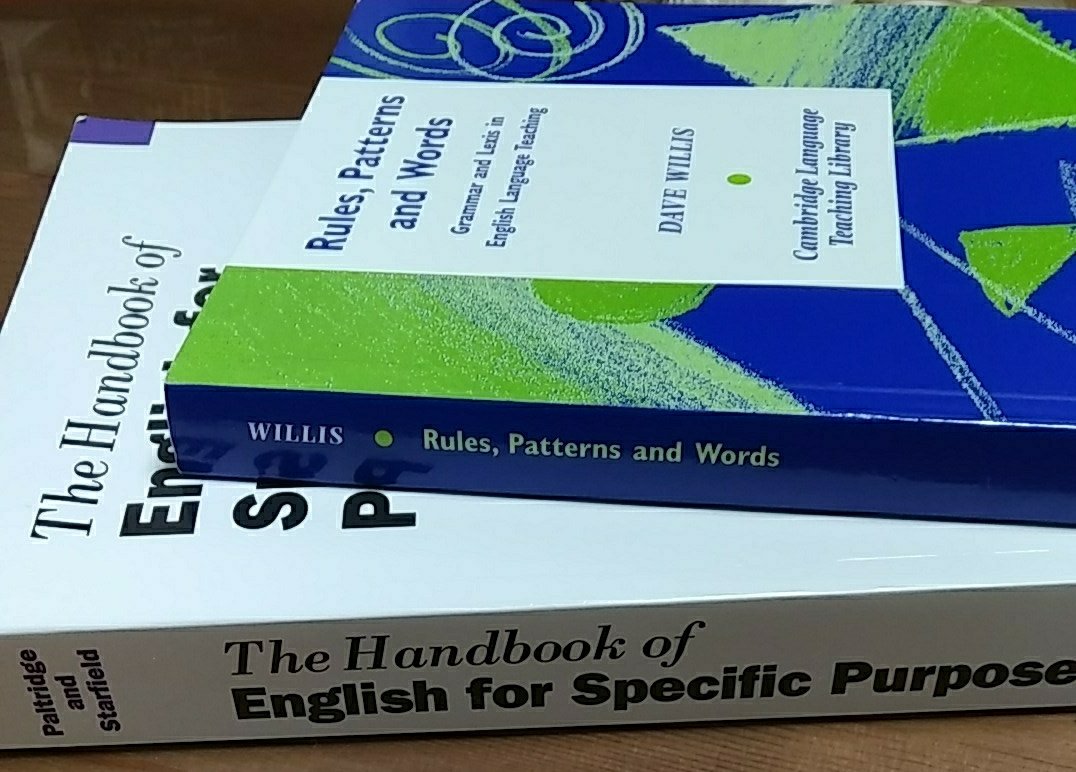
This is a post that has been fermenting for a while, a lot of it coloured by long-term experience, but much of it much shorter term. The stimulus for getting it out was this great post about teacher beliefs by Mike Griffin.
Teaching EFL can be a weird thing. We look at our classes and wonder about how to make our classes better and reminisce about our students who did something notable. It’s all rather insular. To develop, often we need to see outside, if only to see the inside again but from a different perspective.
Some people don’t want to see the outside, though. Comfort zones are difficult to push through. Unfortunately for me, in one of my teaching situations, my work depends upon somebody who needs to be forcibly removed from their comfort zone.
Harsh, Marc.
Remember this blog started as a mission to make my little freelance corner of TEFL a bit more conducive to being better. Making myself better. I suppose I am lucky in that most people I work with share this orientation. Unfortunately, the one person who doesn’t has a knock-on effect on my work.
I have observed. I have been observed and team-taught. I have supplied a file full of materials and an unwanted copy of The Practice of Teaching English. Yet things have not changed.
We have a grammar syllabus with carrier topics, which I fudge by choosing ‘structure trapping’ tasks (Skehan, 1998). I wouldn’t care if my partner teacher taught PPP, Test-teach-test or even Suggestopaedia. Instead there is a 20-minute warm-up about something strange and unrelated to the topic or grammar of the lesson. It’s highly teacher focused. When the part of the lesson comes to deal with the topic/grammar it basically involves students taking notes in Japanese and resulting in poor output all round. I shall make the point that our remit is speaking and writing, but mainly the former, and all English. There is no effective monitoring of students or elicitation of correct output after error treatment. There is no rationale behind the chaos, just a smile and knowing that this has always seen them through every lesson.
When challenged, my partner gets defensive. “I’m a great teacher!”, “I’m a good person.”, and “The students like me.” have all been used to defend their position.
Myself and another colleague have attempted to engage them in conversation about teaching and learning but this has been shot down. I don’t know if the problematic colleague has any beliefs beyond ‘Students must be motivated’. I would agree to an extent, but how they are motivated by chaotic lessons unrelated to their tests or ordinary situations puzzles me.
I know that teachers have to want to develop but what about if they have to develop but just don’t want to? Help has never been requested, though offered several times. Lesson plans and materials supplied have been ignored in favour of “Which Disney princess should I fight?” and “Do I look more like a cat or a dog?” where ‘I’ is the problematic colleague.
Should I attempt to talk about teaching beliefs and philosophy? I have no idea. I only know I’ve done almost all I can.
References
Skehan, P. (1998). Task-Based Instruction. Annual Review of Applied Linguistics, 18, 268-286. doi:10.1017/S0267190500003585